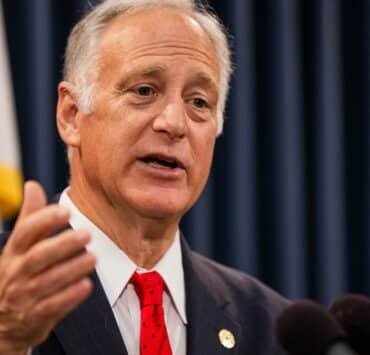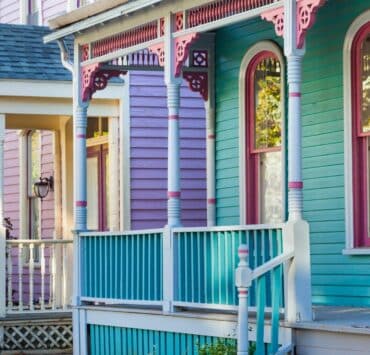In Maryland and Mississippi, a transformative approach is reshaping the landscape of affordable housing. Cities like Hagerstown, Maryland, grappling with housing shortages, are discovering the untapped potential of manufactured homes. This innovative solution debunks the outdated notion of trailer parks, offering a modern, cost-effective alternative for today’s housing crisis.
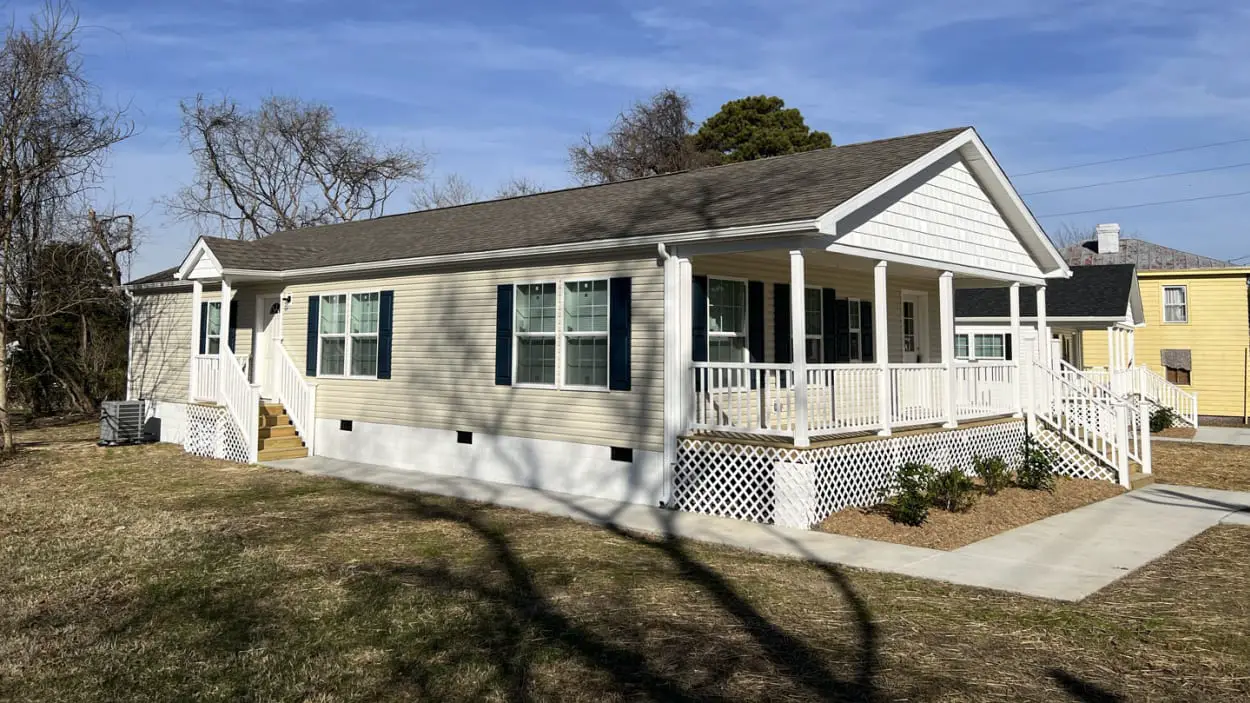
Reimagining Manufactured Housing in Maryland and Mississippi
“Manufactured housing has been zoned out… People think about the old dilapidated mobile home,” Rachel Siegel from the Pew Charitable Trusts highlights the stigma that has long overshadowed this housing option. However, Maryland and Mississippi are now witnessing a shift. Modern manufactured homes, rivaling traditional stick-built houses in design and quality, are emerging as a feasible solution. No longer confined to leasing land, these homes are increasingly built on foundations, sold with land, and tailored for small, affordable living.
Affordability and Quality: A Win-Win
Maryland and Mississippi are not alone in their struggle to match housing supply with growing demand. Stacey Epperson, founder of Next Step, points out the economic challenge: “Homebuilders today aren’t building what used to be entry-level homes…the margin’s too small.” Manufactured homes, once critiqued for poor insulation and high fire risks, have evolved significantly. Post-1970s regulations have ushered in a new era of quality and energy efficiency, with CrossMod homes setting a higher standard, mirroring traditional housing aesthetics.
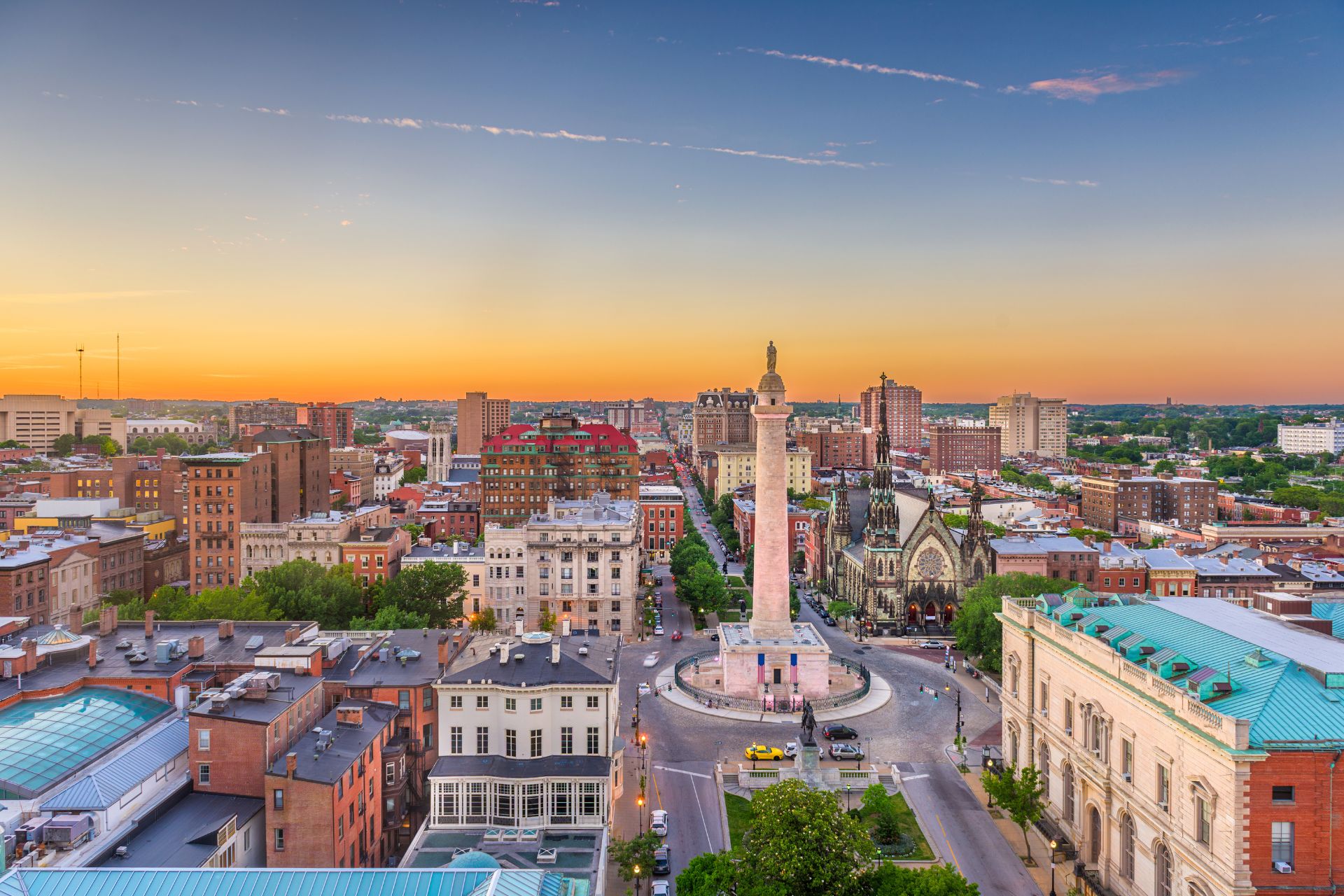
Cost-Effective Housing Solutions
A study by Harvard’s Joint Center for Housing Studies reveals the stark cost difference: manufactured homes, including the upscale CrossMod, are markedly cheaper than conventional houses. In Maryland, Hagerstown’s new developments target moderate-income families, offering homes in the $300,000s, undercutting traditional single-family home construction costs.
Urban Revitalization through Manufactured Homes
Tom Heinemann of MH Partners illustrates another dimension in Petersburg, Virginia, where manufactured homes are revitalizing cities with depressed property values. By filling vacant lots with these affordable units, communities witness a rejuvenation, offering a beacon of hope for low-income families.
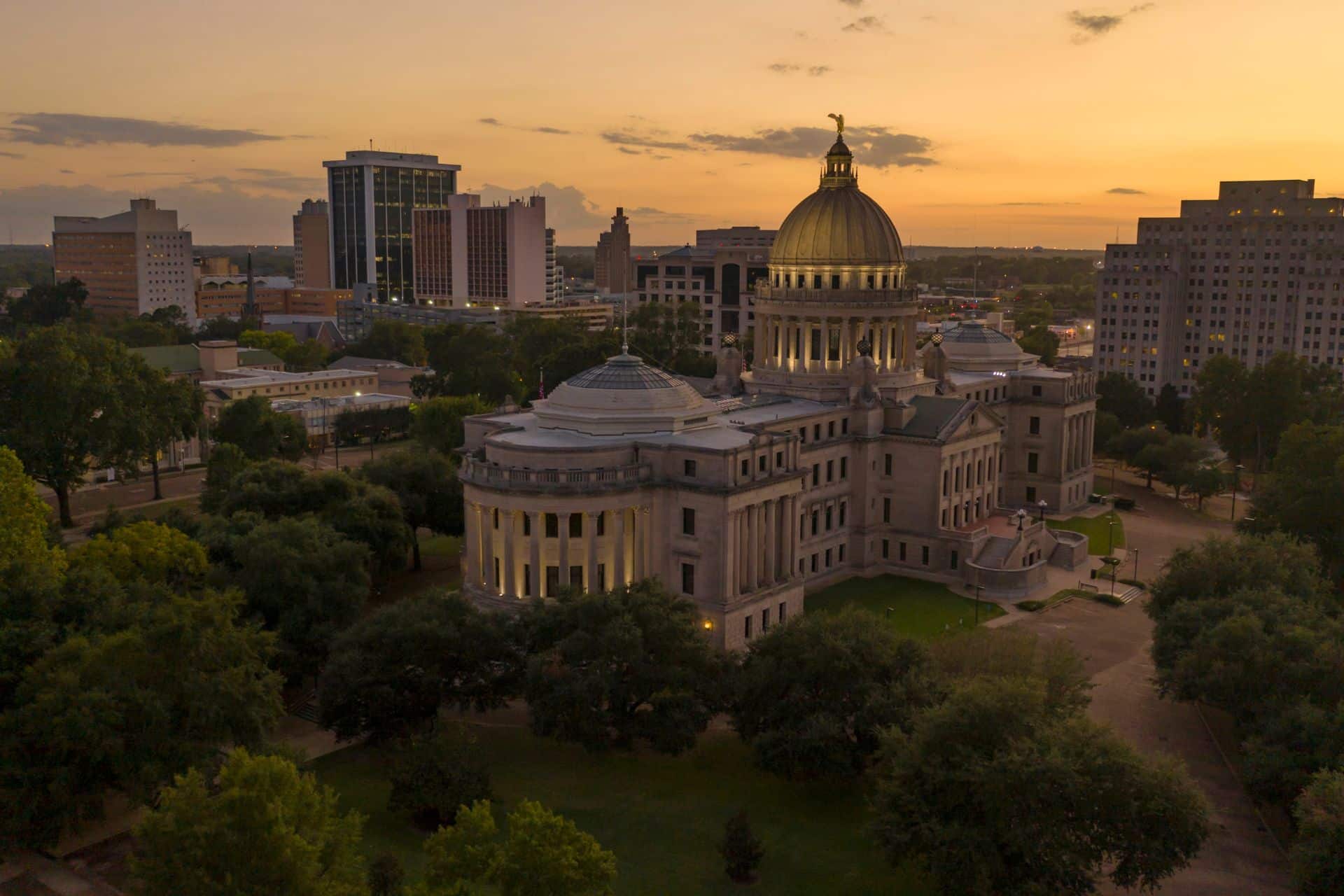
The Financial Landscape: Changing Tides
Manufactured homes have historically been hindered by financing challenges. However, recent shifts, like Fannie Mae‘s standard mortgages for higher-end manufactured homes, are catalyzing change, making these homes more accessible and desirable.
Zoning Laws: The Path Forward
Maryland and Mississippi are reexamining zoning laws to accommodate these homes. In Hagerstown, the recognition of these homes as permanent structures has eased their integration into urban planning. Similarly, Jackson, Mississippi’s pilot project showcases the transformative power of manufactured homes in addressing community needs and correcting historical housing injustices.
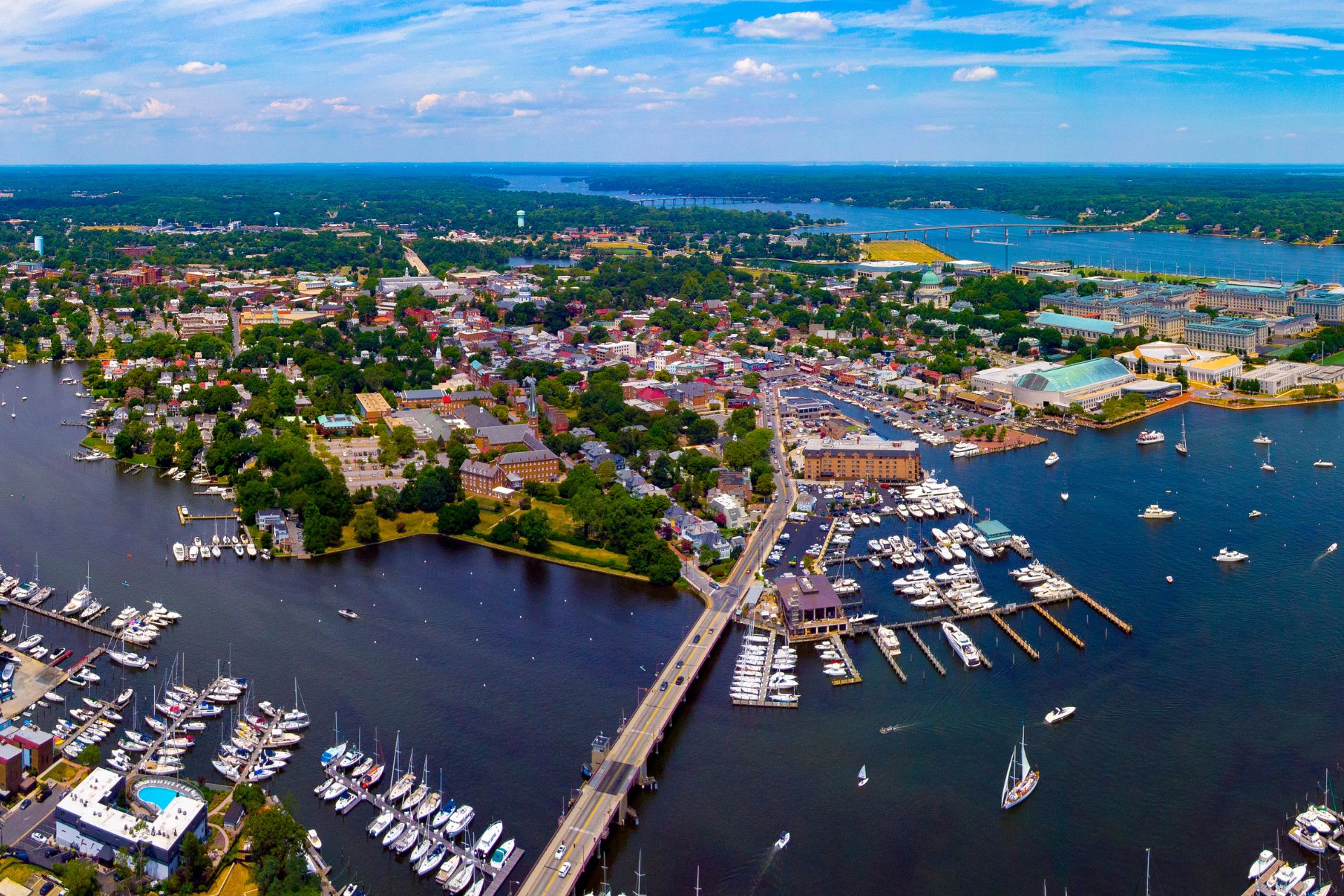
Conclusion: A Paradigm Shift in Affordable Housing
Maryland and Mississippi stand at the forefront of a housing revolution. As more people experience these new manufactured homes, perceptions shift, paving the way for broader acceptance and integration. This approach could signal a turning point, offering a scalable, affordable housing solution, hidden in plain sight, for communities nationwide.
Related posts:
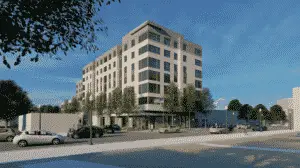 Affordable Rental Provider Repays $710K to Arlington County
Affordable Rental Provider Repays $710K to Arlington County
 Reduce Your Environmental Footprint: Simple Water Conservation Tips for Your Home
Reduce Your Environmental Footprint: Simple Water Conservation Tips for Your Home
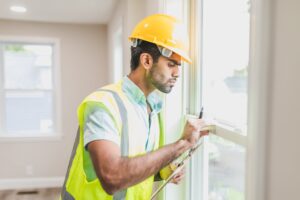 10 Precautions to Stay Safe During a Home Renovation
10 Precautions to Stay Safe During a Home Renovation
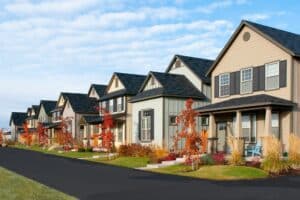 Surge in US Housing: A Close Look at the November 2023 Boom
Surge in US Housing: A Close Look at the November 2023 Boom
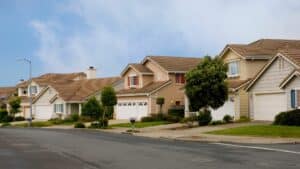 “Sign & Save Program” Goes Nationwide in 2024: A New Era for Homebuyers with Redfin
“Sign & Save Program” Goes Nationwide in 2024: A New Era for Homebuyers with Redfin


